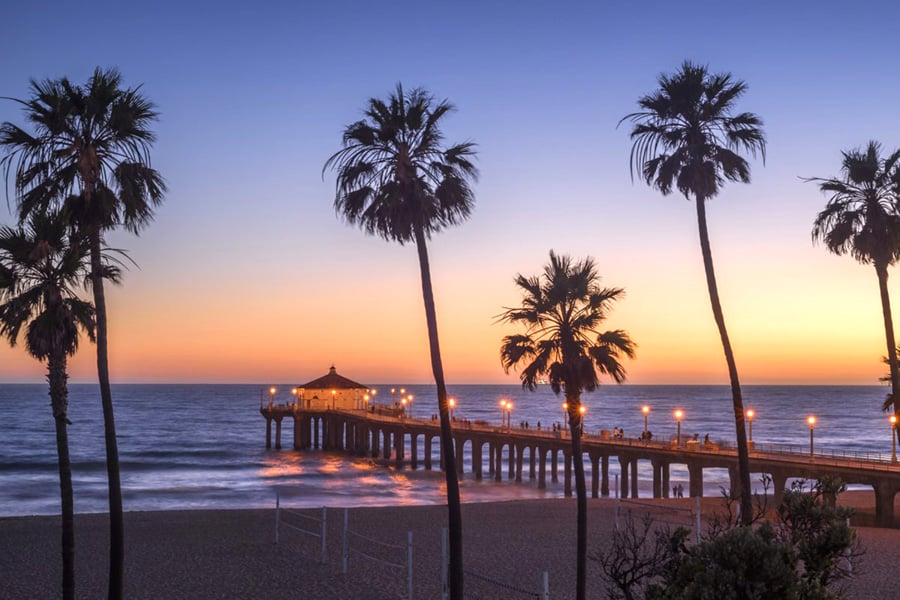

States are going against the Trump administration in a legal fight over the future of California’s auto-IRA program.
Two states – Illinois and Oregon – as well as the AARP and other supporters filed court documents this week in support of the Golden State’s CalSavers system. Those amicus briefs, or friend-of-the-court filings, contrast with one filed earlier this year by the Department of Labor, which contends that the state's auto-IRA program is preempted by the Employee Retirement Income Security Act.
In 2018, the conservative lobbying group Howard Jarvis Taxpayers Association filed a lawsuit seeking to halt CalSavers, alleging that the program is overridden by ERISA. The group lost that case in March, when a U.S. district court judge dismissed the suit, finding that CalSavers is not an ERISA plan.
However, the plaintiffs appealed that decision in April, and the case is being considered for oral argument before the 9th Circuit Court of Appeals.
The Trump administration has clearly sided with the tax group — the Justice Department filed a brief last year backing Howard Jarvis’s allegations, and the Department of Labor did so in June.
That followed the administration’s 2017 reversal, with the support of Congress, of an Obama-era regulation that established a safe harbor for state-sponsored auto IRAs for private-sector workers.
Many states have moved forward with their own retirement savings initiatives regardless, a response to Congress’s lack of success in enacting a federal auto-IRA program.
Initiatives such as California’s exist outside of ERISA intentionally, supporters wrote in the Oct. 20 court briefs.
“California made the policy choice to create an entirely separate retirement savings program that is provided and operated by the state at little to no cost to employers and provides a savings vehicle to employees who lack access to an employee benefit plan,” the brief from Illinois’ and Oregon’s attorneys general stated. “California specifically chose not to regulate employee benefit plans or the employers offering them.”
Those states, like California, have active state-run auto IRAs. To date, the Illinois Secure Choice program has about $35 million across 71,000 funded accounts, while OregonSaves represents $71 million among more than 75,000 accounts, the brief noted.
CalSavers crossed the $11 million mark at the end of September, which was also the deadline for employers with 100 employees or more to register, unless they already provide retirement plans. About 3,500 businesses had registered for CalSavers as of Sept. 30, according to the state.
In their letter, AARP, the California Hispanic Chamber of Commerce and others wrote that CalSavers provides a vehicle for retirement savings to workers who otherwise lack one.
“Just as CalSavers fills a gap in the need for worker savings, it also fills a legal gap rather than intruding on ERISA’s territory,” the brief read. “By its express terms, it only operates where ERISA does not, applying only to employers that have no ERISA retirement plan.”

Rajesh Markan earlier this year pleaded guilty to one count of criminal fraud related to his sale of fake investments to 10 clients totaling $2.9 million.

From building trust to steering through emotions and responding to client challenges, new advisors need human skills to shape the future of the advice industry.

"The outcome is correct, but it's disappointing that FINRA had ample opportunity to investigate the merits of clients' allegations in these claims, including the testimony in the three investor arbitrations with hearings," Jeff Erez, a plaintiff's attorney representing a large portion of the Stifel clients, said.

Chair also praised the passage of stablecoin legislation this week.

Maridea Wealth Management's deal in Chicago, Illinois is its first after securing a strategic investment in April.
Orion's Tom Wilson on delivering coordinated, high-touch service in a world where returns alone no longer set you apart.
Barely a decade old, registered index-linked annuities have quickly surged in popularity, thanks to their unique blend of protection and growth potential—an appealing option for investors looking to chart a steadier course through today's choppy market waters, says Myles Lambert, Brighthouse Financial.
